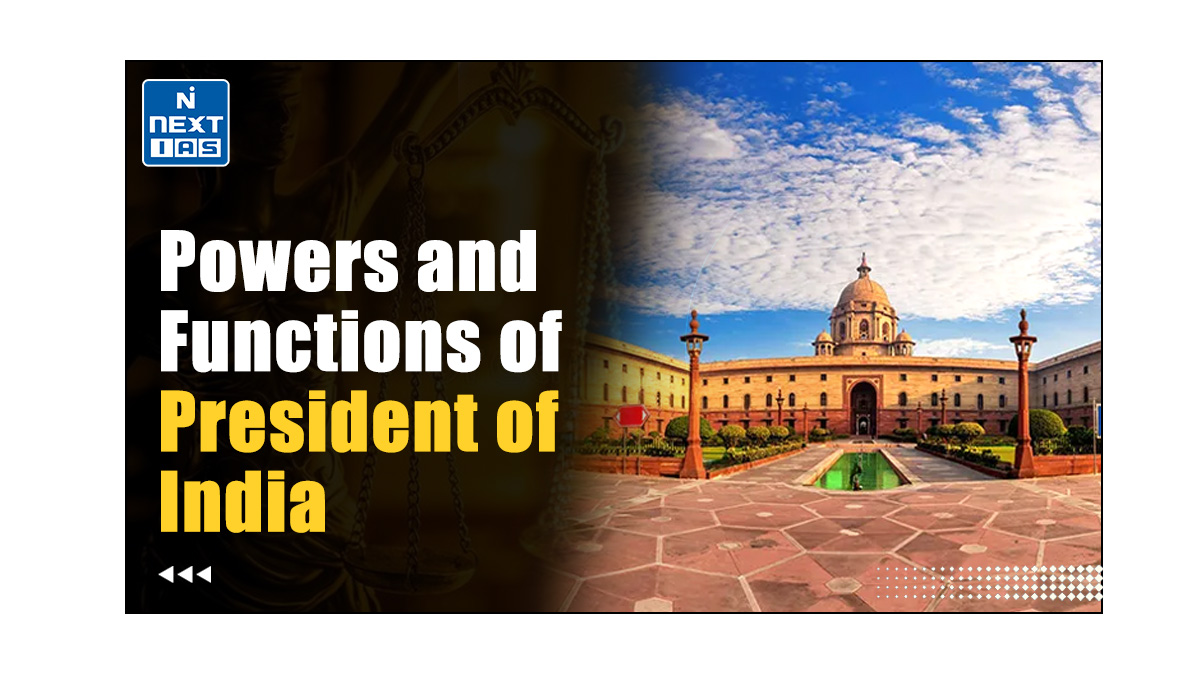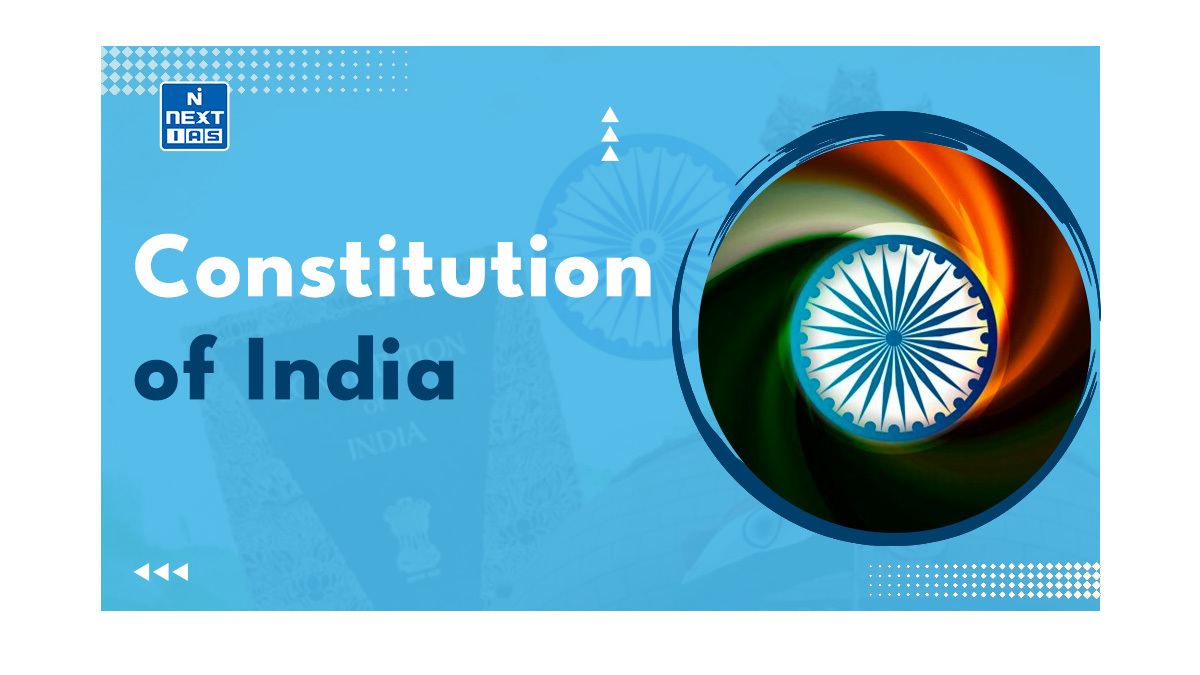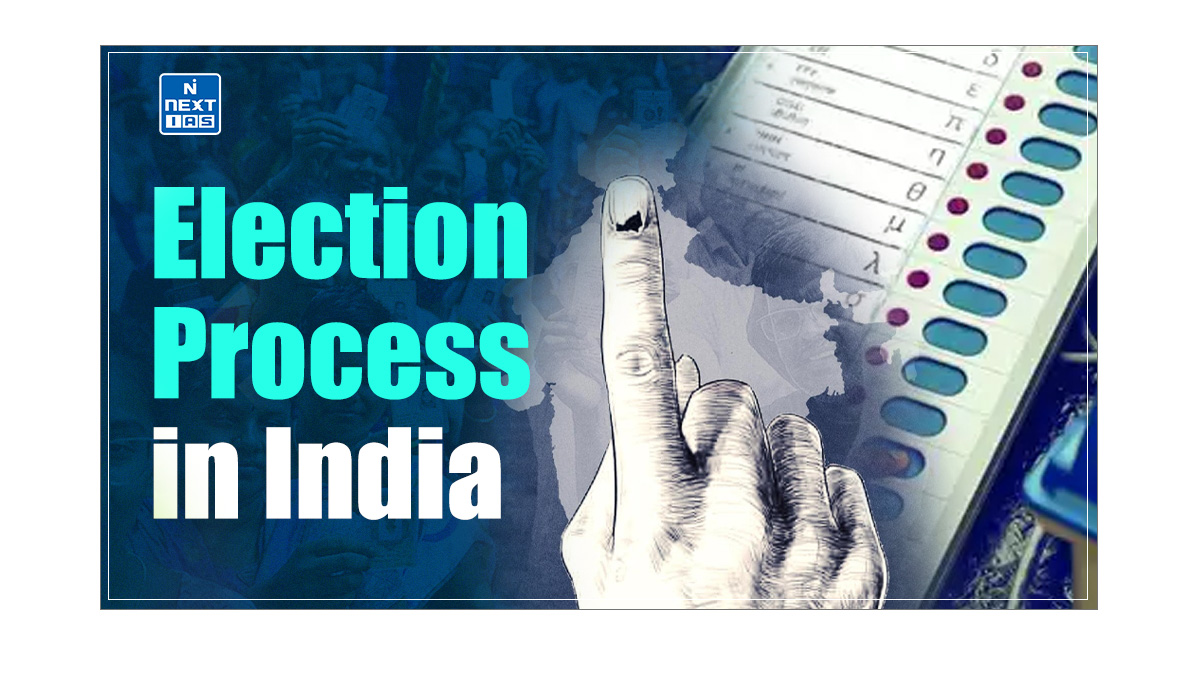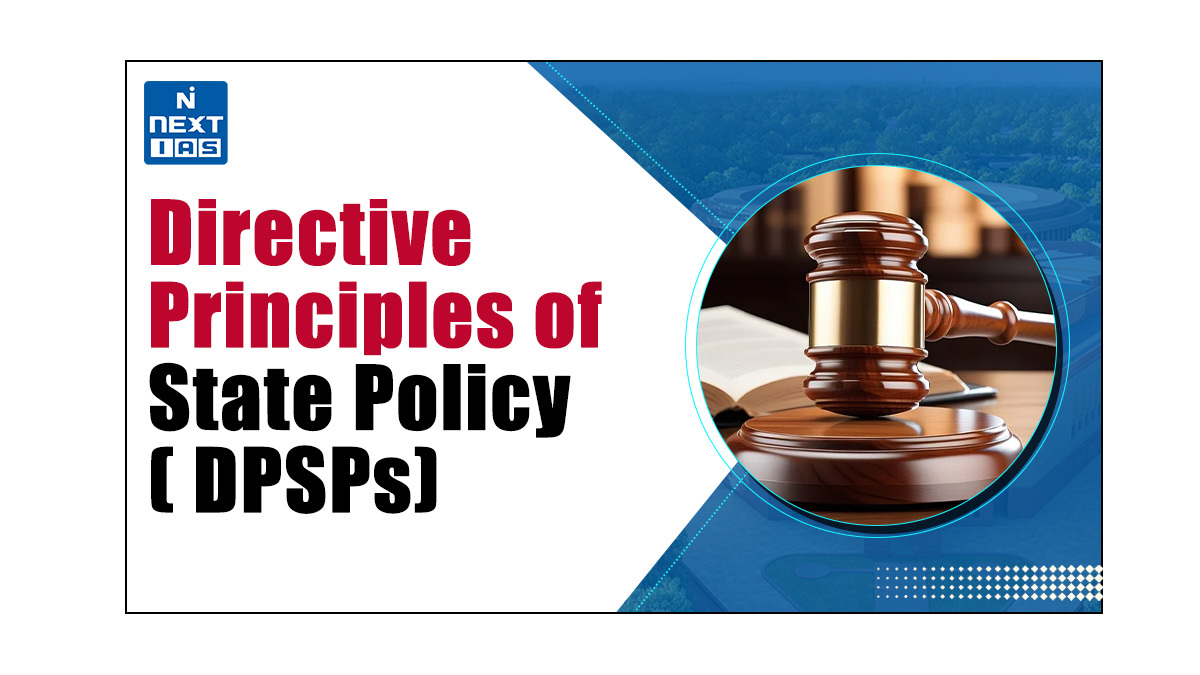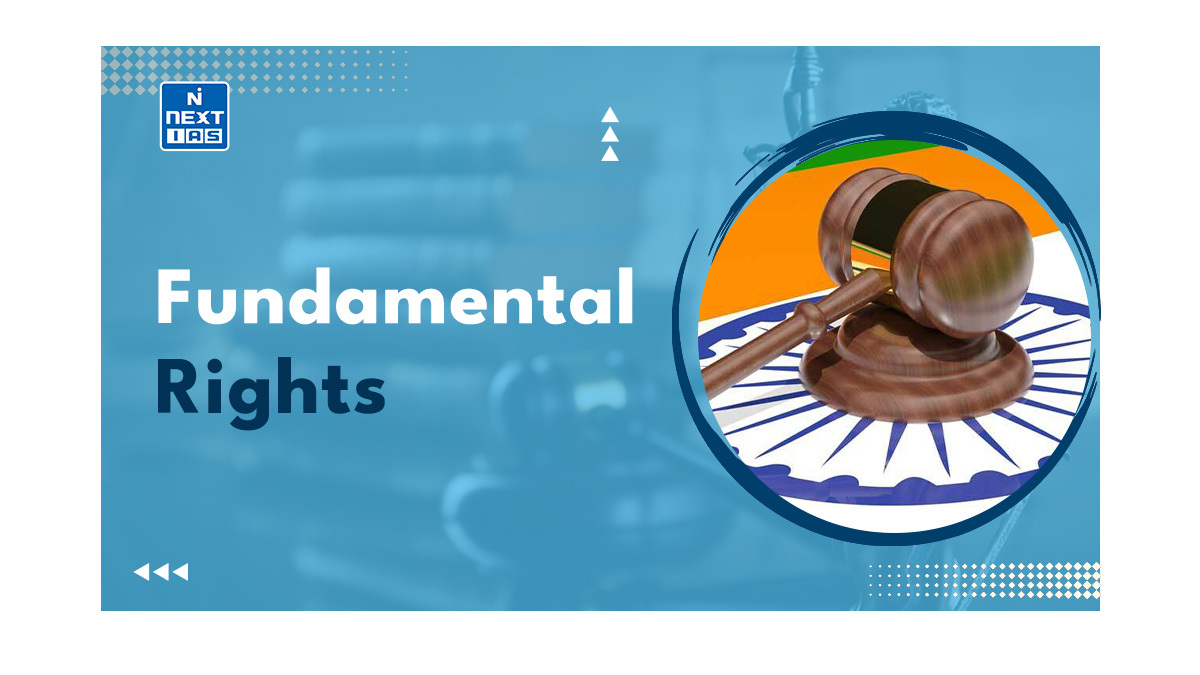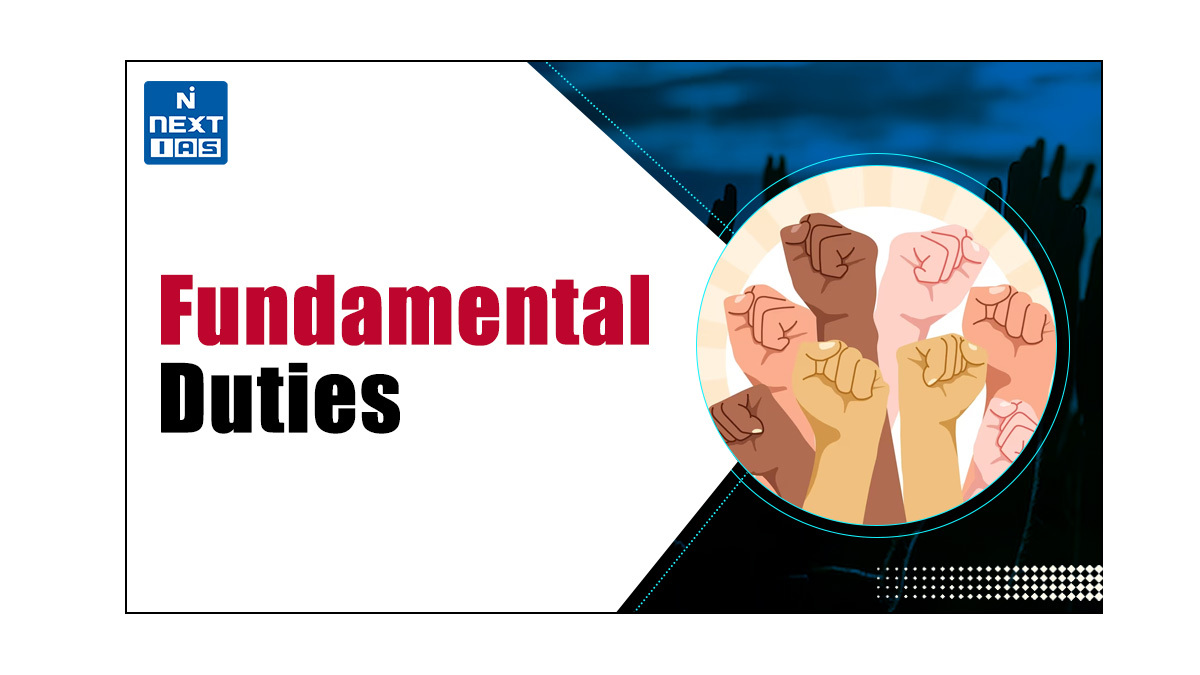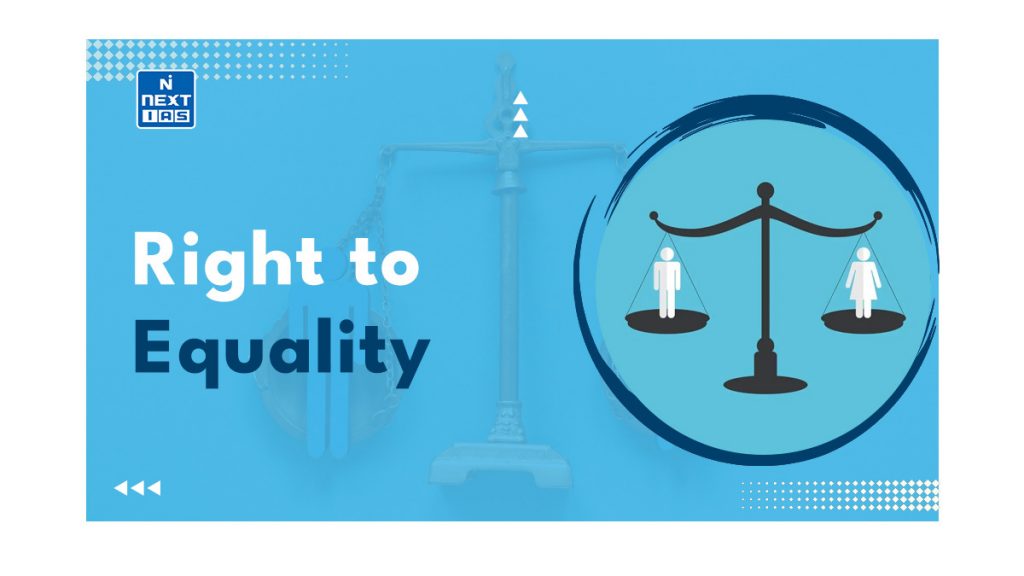
The Right to Equality, enshrined as a fundamental right in the Indian Constitution, plays a crucial role in building a just and equitable society. The provisions under this right collectively form the bedrock upon which the edifice of Indian democracy is built. This article delves into the nuances of provisions related to the Right to Equality, their meaning, significance, exceptions, and more.
About Right to Equality
The Right to Equality, means as defined in the Indian Constitution, is a fundamental human right that signifies that all people should be treated equally and without discrimination. This principle is foundational to human rights law and is enshrined in various international treaties and national constitutions around the world. The essence of this right is to ensure that no individual or group is denied societal opportunities or privileges that are available to others based on arbitrary criteria such as race, gender, age, sexual orientation, nationality, religion, or any other status.
Right to Equality in India
The Right to Equality is a Fundamental Right enshrined in the Constitution of India. The detailed provisions related to the Right to Equality contained in Articles 14 to 18 of the Constitution form the cornerstone of justice and fairness in society. Together they ensure that everyone is treated equally before the law, given equal opportunities in certain matters, and is not discriminated against on grounds such as religion, race, caste, sex, or place of birth, etc.
Right to Equality: Provisions Under the Indian Constitution
Articles 14 to 18 of Indian constitution contains all the provisions related to the Right to Equality.
Equality before Law and Equal Protection of Laws (Article 14)
- This provision mandates that the State shall not deny to any person Equality before the Law or the Equal Protection of the Laws within the territory of India.
- This right is extended to citizens, foreigners as well as legal persons such as companies.
Equality before Law
- The concept of ‘Equality before Law’ is of British origin, which connotes-
- the absence of any special privileges in favor of any person,
- the equal subjection of all persons to the ordinary law of the land,
- no person is above the law.
Equal Protection of Laws
- The concept of ‘Equal Protection of Laws’ has been taken from the American Constitution. It connotes-
- equality of treatment under equal circumstances, both in the privileges conferred and liabilities imposed by the laws,
- the similar application of the same laws to all persons who are similarly situated,
- the like should be treated alike without any discrimination.
Equal Protection of Laws
- The concept of ‘Equal Protection of Laws’ has been taken from the American Constitution. It connotes-
- equality of treatment under equal circumstances, both in the privileges conferred and liabilities imposed by the laws,
- the similar application of the same laws to all persons who are similarly situated,
- the like should be treated alike without any discrimination.
- A simple comparison of the concepts of ‘Equality before Law’ and ‘Equal Protection of Laws’ tells that the former is a negative concept, while the latter is a positive concept. However, they both align in their common aim to establish equality of legal status, opportunity, and justice.
Rule of Law
- The concept of ‘Rule of Law’, as propounded by the British jurist A V Dicey, has the following 3 elements:
- Absence of arbitrary power i.e. no man can be punished except for a breach of law.
- Equality before law i.e. equal subjection of all citizens to the laws of the land.
- The primacy of the rights of the individual i.e. constitution is the result of the rights of the individual as defined and enforced by the courts of law, rather than the constitution being the source of the individual rights.
- The following three points are to be noted w.r.t. the concept of ‘Rule of Law’:
- The concept of ‘Equality before Law’ is an element of the concept of ‘Rule of Law’.
- In the case of the Indian system, only the 1st and 2nd elements of the ‘Rule of Law’ are applicable, and not the 3rd one. This is because, in India, the constitution is the source of the individual rights.
- The Supreme Court has ruled that the ‘Rule of Law’ as embodied in Article 14 is a ‘basic feature’ of the constitution, and hence cannot be destroyed by a constitutional amendment.
Exceptions to Equality
The rule of equality before the law has certain exceptions. These exceptions are mentioned below:
- As ruled by the Supreme Court, while Article 14 forbids class legislation, it permits the reasonable classification of persons, objects, and transactions by law. However, the classification should not be arbitrary, artificial, or evasive.
- As per Article 361, the President of India and the Governor of States enjoy certain immunities.
- As per Article 361-A, no person shall be liable for any proceedings in any court for publication of a true report of any proceedings of Parliament or State Legislature.
- Article 105 provides that no member of Parliament shall be liable to any proceedings in any court in respect of anything said or any vote given in Parliament or any committee thereof. Article 194 makes a similar provision for members of the State Legislature.
- Article 31-C provides that laws made by the state for implementing DPSPs contained in Article 39 (b) and (c) cannot be challenged on the grounds of being violative of Article 14.
- Immunity to foreign sovereigns, ambassadors, and diplomats from criminal and civil proceedings.
- UNO and its agencies also enjoy diplomatic immunity from certain proceedings.
Prohibition of Discrimination on Certain Grounds (Article 15)
- Article 15 provides that:
- The state shall not discriminate against any citizen on grounds only of religion, race, caste, sex, or place of birth.
- No citizen shall be subjected to any disability, liability, restriction, or condition on grounds only of religion, race, case, sex, or place of birth w.r.t. access to public places.
- Two things are to be noted w.r.t. these provisions:
- The first provision prohibits discrimination only by the state, while the second provision prohibits discrimination both by the state and private individuals.
- The crucial term here is ‘only’, which connotes that discrimination on grounds other than those mentioned in the provisions is not prohibited.
- There are certain exceptions to this general rule of non-discrimination as mentioned below:
- The state is authorized to enact special provisions for the benefit of women and children, such as reserving seats in local bodies or providing free education for children.
- The state is empowered to enact special measures for the advancement of socially and educationally backward classes, as well as scheduled castes and scheduled tribes such as seat reservations or fee concessions in public educational institutions.
- The state has the authority to enact special measures for the advancement of socially and educationally backward classes, scheduled castes, or scheduled tribes in matters of admission to educational institutions, including private ones, whether aided or unaided by the state, excluding minority educational institutions.
- The state is empowered to enact special measures for the advancement of economically weaker sections of society. Additionally, the state may reserve up to 10% of seats for such sections in educational institutions, excluding minority educational institutions.
A. This reservation is in addition to existing reservations and is determined based on family income and other indicators of economic disadvantage, as notified by the state.
Equality of Opportunity in Public Employment (Article 16)
- This provision provides for equality of opportunity for all citizens in matters of employment or appointment to any office under the State.
- The citizens cannot be discriminated against or be ineligible for any employment or office under the State only on the grounds of religion, race, caste, sex, descent, place of birth, or residence.
- There exist four exceptions to the overarching principle of equal opportunity in public employment. These exceptions are as follows:
- Parliament may prescribe residence as a condition for certain employment positions under the State, Union Territory, Local Authority, or other authority.
- The State can provide for the reservation of appointments or posts in favor of the backward classes that are inadequately represented in the state services.
- A law can provide that certain religious institutions or denominations may require officeholders to belong to a particular religion or denomination.
- The state can reserve up to 10% of appointments for economically weaker sections, in addition to existing reservations, based on criteria such as family income or other indicators of economic disadvantage.
A. This reservation has been added by the 103rd Amendment Act of 2019.
Abolition of Untouchability (Article 17)
- This provision has abolished ‘untouchability’ and forbids its practice in any form.
- Any act enforcing disability based on untouchability shall be deemed as an offense punishable by law.
- Untouchability refers to social disabilities imposed on certain classes of persons because of their birth in certain castes. Hence, it does not cover the social boycott of a few individuals or their exclusions from religious services, etc.
- However, the term ‘untouchability’ has not been defined in the Constitution or the Protection of Civil Rights Act of 1955 (the act enacted to enforce this provision).
Abolition of Titles ( Article 18)
- Article 18 of the Indian Constitution deals with the abolition of titles and distinctions. It consists of four provisions:
- It prohibits the state from granting any title, except for military or academic distinctions, to any individual, whether a citizen or a foreigner.
- It prohibits Indian citizens from accepting titles from any foreign state.
- A foreigner holding any office of profit or trust under the state cannot accept titles from any foreign state without the President’s consent.
- Neither citizens nor foreigners holding any office of profit or trust under the State are allowed to accept any gift, salary, or position from or under any foreign state without the President’s consent.
- Two things are to be noted w.r.t. these provisions:
- Hereditary titles of nobility e.g. Maharaja, Deewan, etc which were conferred by colonial states are banned by this Article.
- National Awards e.g. Bharat Ratna, Padma Vibhushan, Padma Bhushan, and Padma Sri are not banned by this Article. However, they should not be used as suffixes or prefixes to the names of awardees. Otherwise, they should forfeit the awards.
Importance of Right to Equality
The right to equality holds immense significance as it serves as the foundation for a just and inclusive society. Its importance lies in several key aspects:
- Fairness and Justice – It ensures that all individuals are treated equally under the law, irrespective of their background, race, religion, caste, gender, or economic status. This fosters a sense of fairness and justice in society.
- Non-Discrimination – This right prohibits discrimination in all spheres of life, including employment, education, housing, and public services. It creates a level playing field for everyone, regardless of their differences.
- Inclusivity – This right promotes inclusivity by recognizing the dignity and worth of every individual. It encourages respect for diversity and the participation of all members of society in civic and political life.
- Social Cohesion – This right helps in building social cohesion by reducing social tensions and disparities. When individuals feel that they are treated fairly and have equal opportunities, it fosters a sense of belonging and unity within society.
- Human Rights – This is a fundamental human right enshrined in various international and national legal instruments. Protecting this right is essential for upholding the broader framework of human rights and dignity.
In conclusion, equality lies at the heart of the Indian Constitution, serving as the cornerstone of justice, fairness, and social cohesion. This principle of equality ensures that all individuals are treated fairly before the law, without any unreasonable discrimination. By upholding this fundamental right, India strives to build a society where every citizen has equal opportunities and rights, fostering inclusivity and empowering each individual to contribute to the nation’s progress and prosperity.
Frequently Asked Questions (FAQs)
What is right to equality?
The Right to Equality is a fundamental right enshrined in the Indian Constitution to ensure that all individuals are treated equally before the law, without discrimination based on religion, race, caste, sex, or place of birth.
Which article is related to equality before law?
Equality before law is specifically mentioned in Article 14, guaranteeing that every person is equal in the eyes of the law.
How many articles come under Right to Equality?
The Right to Equality spans five articles: Articles 14 to 18, covering equality before law, prohibition of discrimination, equality of opportunity, abolition of untouchability, and abolition of titles.
Right to equality is enshrined in which articles of the Indian Constitution?
These provisions are outlined in Articles 14 to 18 of the Indian Constitution, forming a cornerstone of India’s democratic framework.
